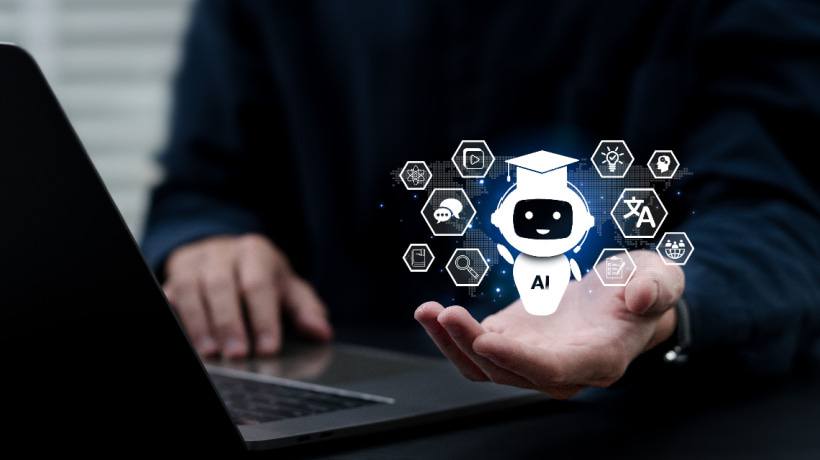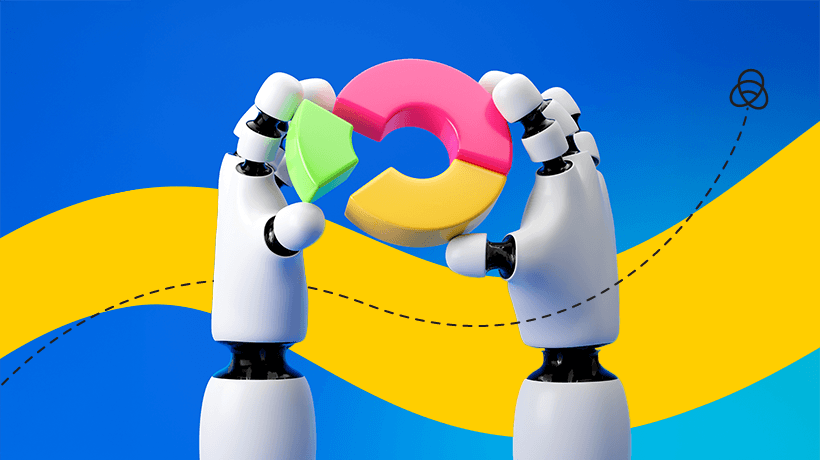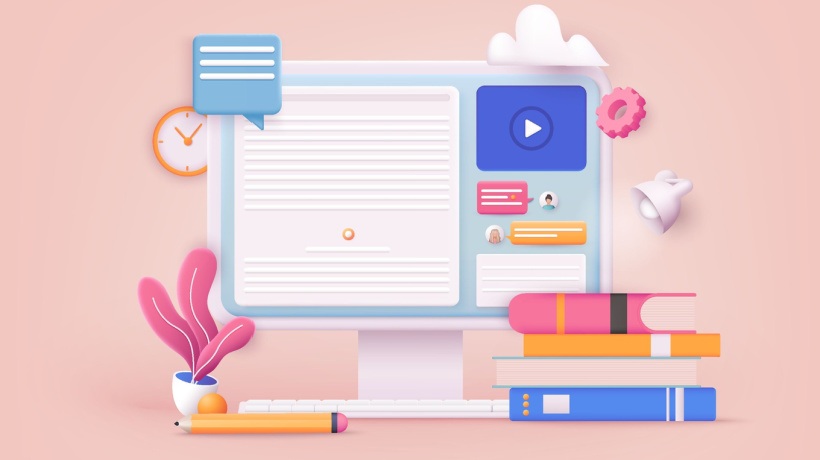Are AI Course Creators The Future Of eLearning?
AI isn't just changing how we learn; it's changing who gets to create the lessons in the first place. For decades, course creation was a time-heavy process that often required a whole team of Subject Matter Experts, Instructional Designers, and tech specialists. Now, AI course creators are turning that process on its head. It's allowing more people to produce engaging, structured, and accurate lessons in a fraction of the time.
This shift means education is no longer limited to institutions with big budgets or long timelines. In this article, I'll walk you through the most essential changes AI course creators are driving in eLearning. So, read on for more.
10 Ways AI Course Creators Are Transforming eLearning
1. Automated Content Creation
You can use AI course creators to develop online learning materials fast. AI can build course outlines, objectives, and lesson plans. This means your lessons have structure, purpose, and measurable outcomes from the start. Instead of spending hours figuring out what to teach first or how to sequence topics, you can get a logical plan ready in minutes.
With AI-powered course creation, you can focus on teaching while your content is organized to drive real learning outcomes.
2. Intelligent Tutoring Systems
There are AI-powered tutoring systems you can use to give students the same level of personal attention they'd get from a one-on-one session. These AI tutors and chatbots can even track how you respond, spot gaps in your knowledge, and adjust feedback instantly. You get explanations that match different learning styles, along with practice questions that target your students' weak spots. This can keep students engaged and moving forward at their own pace.
3. Creative Design Assistance
AI course creators use creative tools to come up with new and better ways to design lessons. By analyzing successful learning models and current trends, AI provides interactive methods for presenting content.
For example, it can recommend visual layouts, interactive elements, and storytelling techniques that keep your learners interested. AI also helps align course design with different learning styles, so concepts are more effectively retained. This mix of automation and creativity allows professional educators to produce courses that feel more dynamic and connected to the needs of a diverse audience.
4. Personalized Learning Paths
We all think and learn in different ways. That's why AI course creators are reimagining education to better adapt to each learner's needs. By creating personalized learning paths, AI analyzes a student's performance and learning preferences. Then, it adjusts the sequence and style of lessons to match their learning style. It might recommend extra practice where a learner struggles, or it might skip areas they've mastered. This constant fine-tuning keeps students engaged without making them feel rushed or held back.
5. Adaptive Learning Systems
Since learning styles are constantly evolving, AI adaptive systems adjust in real time. These platforms track a student's actions, quiz results, and engagement patterns, then tailor the content to fit the learner's needs as they go. If your student struggles with a concept, the system offers extra explanations or practice before moving forward. If they master a topic quickly, these adaptive systems shift to more advanced material. This keeps learning relevant and efficient for each individual. No one gets left behind because each student moves at their own pace.
6. Automated Assessment And Feedback
Getting quick feedback can make a big difference in how your students learn. AI course creators can now use automated assessment and feedback to deliver this at scale. Algorithms can grade quizzes, essays, and coding tasks quickly while keeping results consistent. With Natural Language Processing, the system explains mistakes in plain terms and highlights strengths at the same time.
With this automated assessment and instant feedback, students don't have to wait days for results. Learners receive immediate guidance, which improves their learning and comprehension speed.
7. Immersive Learning
Learning is often more effective when students can experience it instead of just reading or listening to the material. AI course creators use immersive tools like AR, VR, and gamification to make that possible. AI helps personalize these virtual environments so learners can have an immersive learning experience. This allows them to practice skills in realistic, interactive scenarios that respond to their choices. Gamified elements, such as instant feedback, rewards, and progress tracking, keep learners engaged and motivated throughout the experience.
8. Accessible And Scalable Education
Quality education shouldn't be limited by location or income. That's why AI course creators are transforming how we learn by using scalable systems designed to make education accessible for everyone. Advanced algorithms adjust content delivery so large groups can access the same material without losing consistency. You have access to AI-powered platforms for distributing these courses to millions of people at once.
You also have access to automated translation and voice tools that help break language barriers. By reducing traditional limits of geography and cost, AI is making structured education accessible to learners who were previously left out.
9. Enhanced Administrative Efficiency
Creating a course involves a lot more than just teaching. Tasks like grading, tracking attendance, and preparing performance reports can quietly take up hours each week. To make work easier, AI course creators help take care of those routine jobs. They automate score grading, attendance tracking, and performance reports.
Additionally, AI keeps records organized and accessible, reducing the administrative load that often slows down teaching. Streamlining background work this way helps make education more scalable without sacrificing the attention students need from you.
10. Career Path And Skill Gap Analysis
Choosing the right career path often depends on knowing which skills are missing and which ones are in demand. An AI course creator can use data-driven analysis to map a learner's progress against job requirements in different industries. For example, algorithms can track completed courses, test results, and performance patterns. This data helps identify learning gaps that may hold a learner back from meeting industry standards or qualifying for specific roles.
Additionally, AI can suggest specific courses or modules that directly align with career goals. This guidance helps learners stay on track while making choices in line with real job opportunities.
Final Word
It's clear as day how vital AI has become to eLearning. Beyond making educational content easily scalable and more accessible, it also automates repetitive tasks. This enables educators to focus on supporting students who need extra help. If you're looking to enter the eLearning space, now is the time to consider integrating Artificial Intelligence into your approach.
Editor's Note: The views expressed in this article reflect the author's personal opinion and are not meant to be representative of eLI's viewpoints. If you wish to learn more about AI tools and how you can leverage them to enhance course creation and delivery, check out our list of Top Content Providers With AI Tools Expertise.








